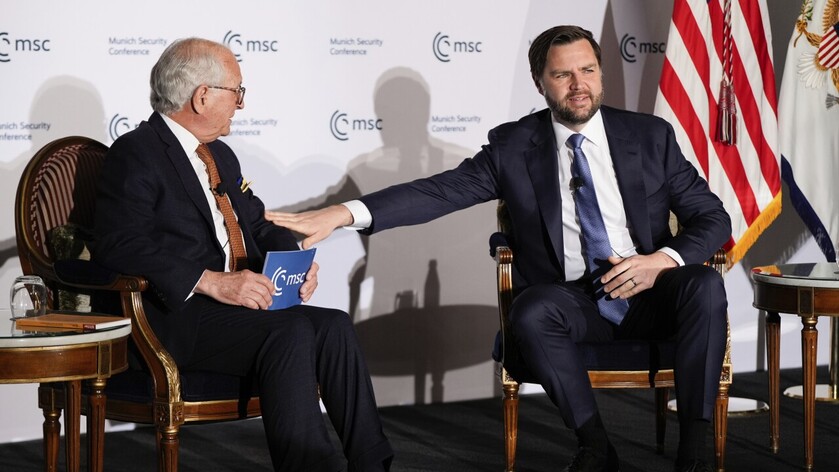Why does Dima Vorobiev think Russia is a declining power?
First, I want to make one thing very clear.
Many people make “decline” sound like collapse. It’s not. Decline is a gradual and continuous loss of strength. It may be very protracted, often even unseen.
Often we see a decline only in retrospective. I, for once, am pushing sixty. Hey, I don’t feel old in all! I lift weights. I dig Parov Stelar. It’s only looking back I see I’m not as good as I used to be.
Now, to Russia.
On the grand scale of things, it looks good. Very good, actually. Never ever have my countrymen lived so good and comfortable lives as now. We have the best ruler ever: he knows how to keep the crazy Russians calm. We have shed off the stigma of eternally poor people. We are tearing up the stifling armor of imperial thinking and go about shaping ourselves into a nation-state. Our youth is urban, globalized, well-educated. Our elite knows how to speak in complete sentences. Infant mortality is at lowest point ever, life expectancy is creeping up. Life for the common people is more safe and peaceful than ever.
And yet, it’s going downward. How?
Russia is shrinking. The war Communists waged against private farmers from late 1920s onward, with great help from Hitler (the Red Army in 1941 was largely a peasant army), wiped out the bottomless fountain of the old Russia’s demographic might. We are not as many as we were. Worse, we’re running out of people.
Our provinces are getting empty. Everyone is moving to Moscow, or close. The Far East lost 25% of population since the fall of Communism. Murmansk, the largest city beyond the Polar circle, lost a third. Cultivated land shrank by a 1/3 (while agricultural production doubled). Much of the countryside is increasingly looking like that:
Millions, many of them high-skilled, world-class professionals have left the country to never come back. Brain drain happens in epic proportions, with no end in sight. Hundreds of thousands of Jews have emigrated. (If we look at what happened to the greatness of Spain and the magnificence of Hapsburg Austria when their Jews headed for exit, and take it as a predictor of things to come, it’s not plifting.)
Putin has presided over the largest de-industrialization in the world in modern history. Manufacturing shrunk, Exports of extracted minerals and low-level processed goods skyrocketed. As a result, even Russia’s defence industry massively depends on imported components—which is why Russia is so angry at the Western sanctions.
Russian business doesn’t believe in Russia. Capital flight during the post-Soviet era has been in the magnitude of 1 trillion USD in total, while foreign investment has fluctuated and was at about 50 billion USD per year, at best. (This is only what’s captured by the official statistics). In plain English, the Russians who know the country best take their money out of Russia.
Russians are losing faith in entrepreneurship. The share of private business in the national GDP has fallen from 70% to 30%. The share of small and medium-sized enterprises in GDP does not exceed 18 percent (the all-red-tape EU has 40%). If you want a good career for your kids in Russia, tell them to seek jobs in the government. Police officers and tax inspectors in Russia make their parents proud.
Russia increasingly lacks labor force. Absurdly many are employed in spheres with zero or very low value added, such as the public sector, private security, retail, and banking sector. There is a shortage of engineers, researchers, workers with technical skills, and professional managers.
We suck in productivity. On an hourly basis, each of us contributes $26 to Russia’s GDP. One Greek, for comparison, does $37. And Greece doesn’t have oil and gas (productivity in oil is at least triple the average).
We have no incentive to change. We love our ruler, we are proud of our country, and two thirds of us say we are happy or very happy. Why bother if things are going great?
On this optimistic note, I feel compelled to wrap it up.















